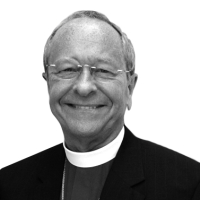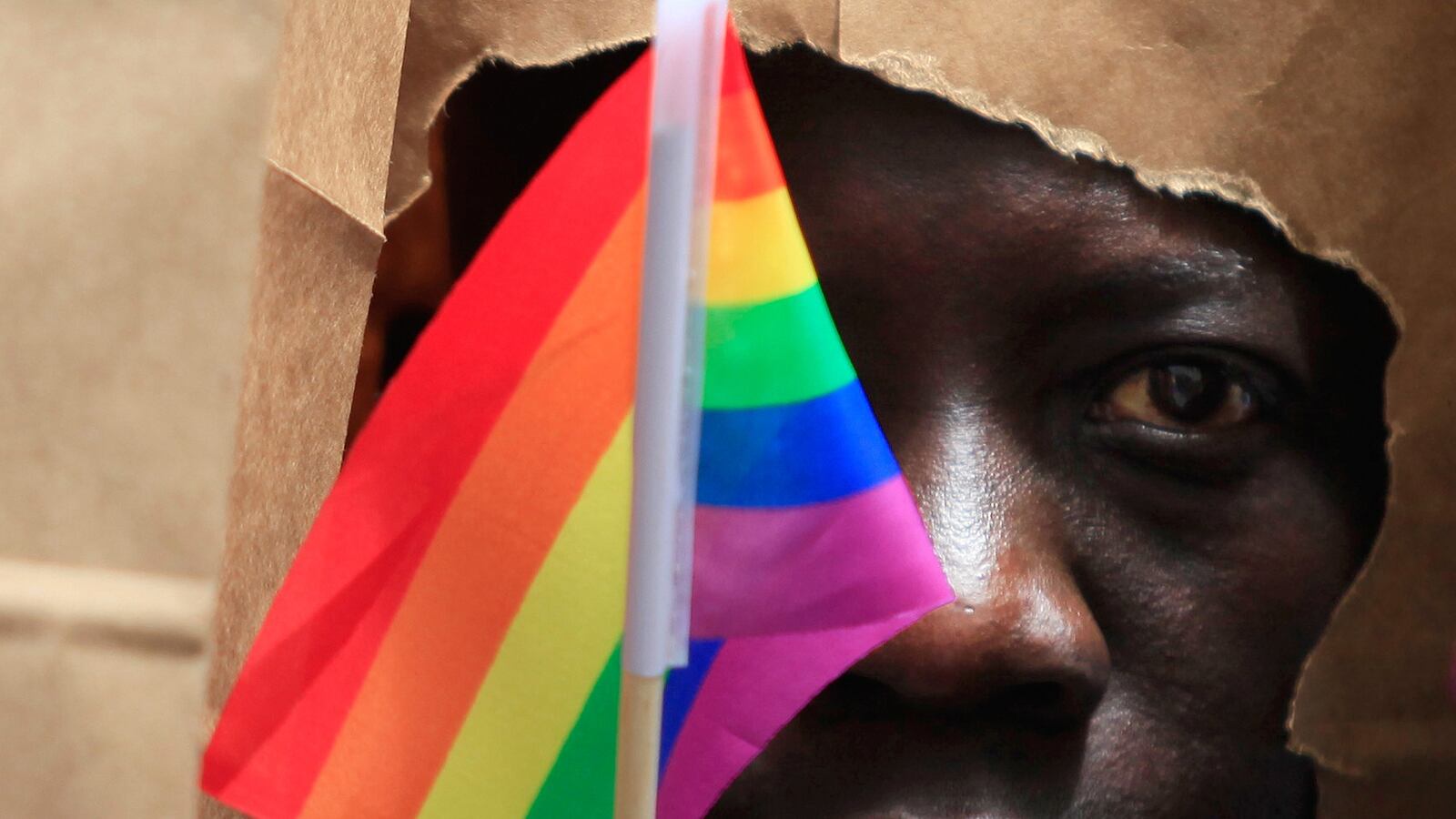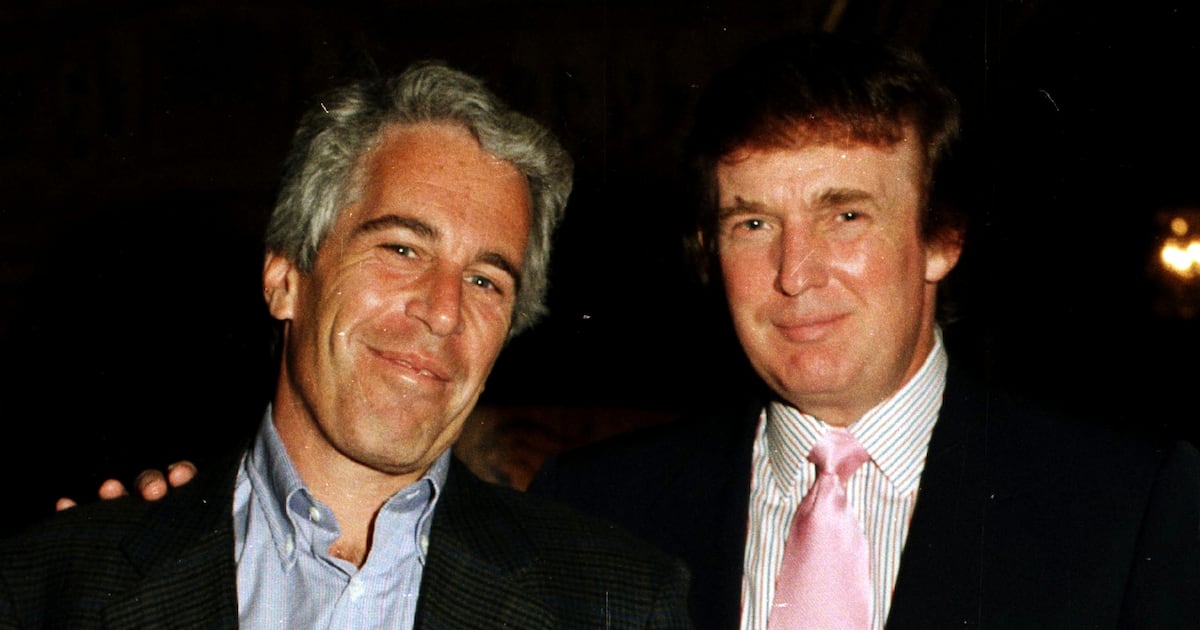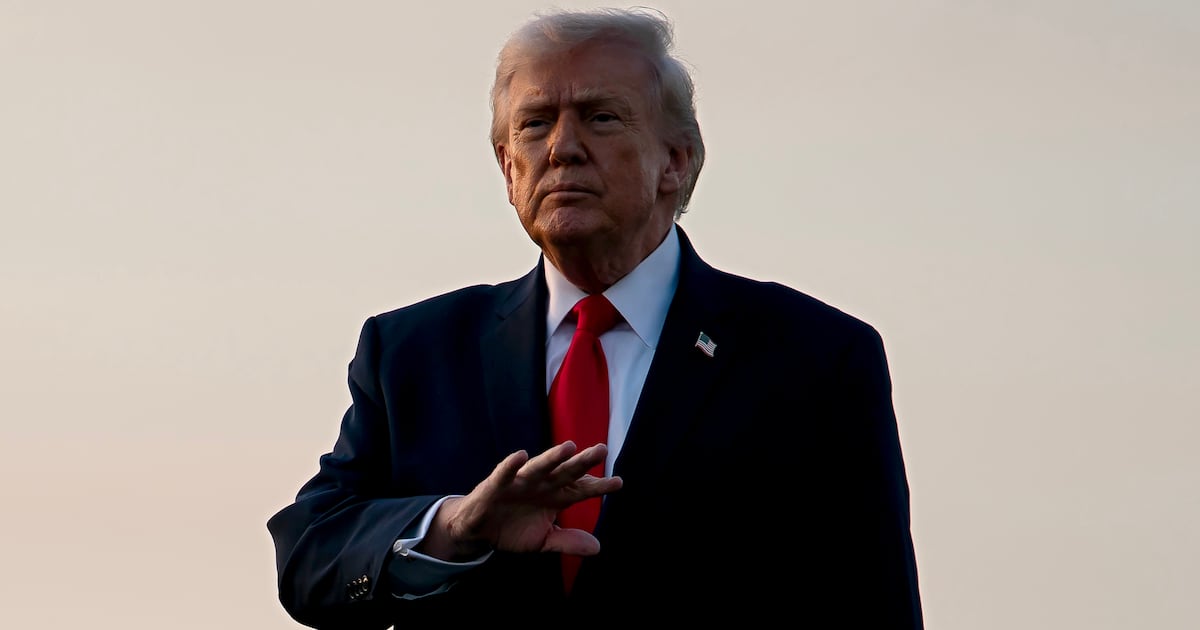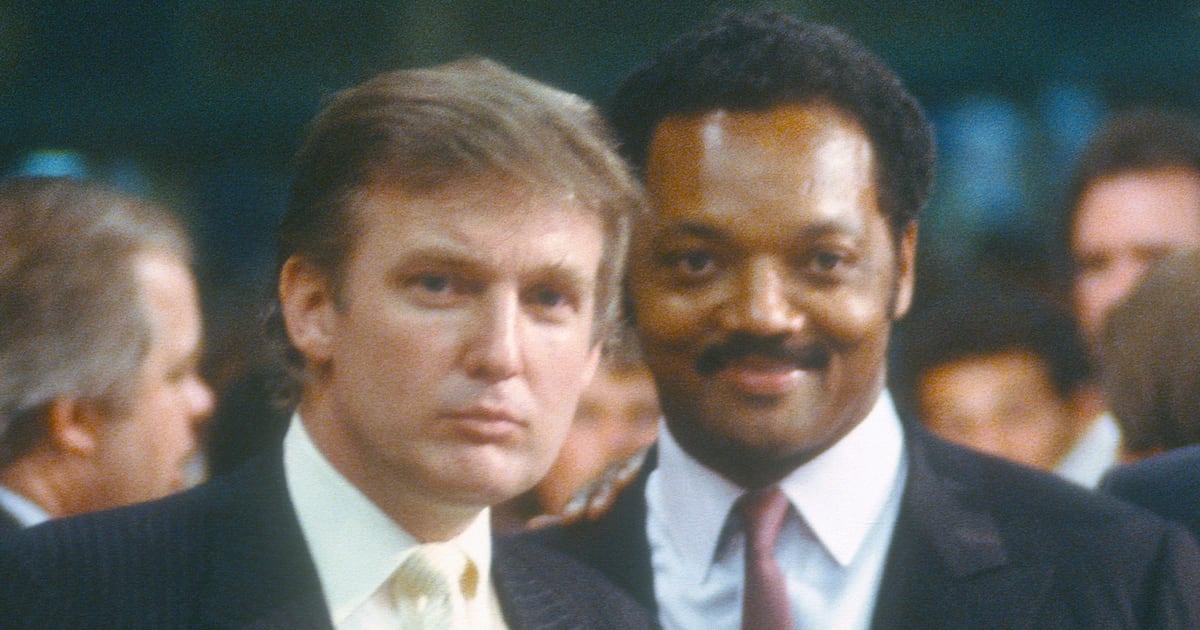Let’s call him Robbie. He’s barely 30 years old, handsome and soft-spoken. He’s been in Washington, D.C., for three months now, moving from place to place and sometimes homeless. Robbie starts telling his story in quiet tones, but soon his words begin to pack the power of someone who has borne more pain, violence and oppression than most of us can even imagine. Before he finishes, he will have broken down in tears, recounting and reliving the nightmare that has been his life. He is a trans man, a Ugandan, and is in America seeking asylum from the anti-LGBT oppression that grips his country.

Robbie knew early on that he was different, and that his body belied the male identity he felt inside. On the days he might have forgotten, his schoolmates reminded him of his difference by taunting, harassing and more often than not, beating him. By 19, he knew who he was: a male born into a female body. And within a short time, he found others like himself, becoming a leader among this group of misunderstood and hated misfits in Ugandan society. At an age when he should have been thinking about university, he had become the go-to person for many Ugandans experiencing the disconnect between their bodies and the gender identity they knew in their souls.
All the normal places one would turn for support were unavailable. Robbie was rejected by his brothers and sisters, and only his mother showed a modicum of sympathy. His church, which had been radicalized to hate gay, lesbian, bisexual and transgender people by traveling American evangelicals, was not only not a place to turn for support; it was the source of the hatred and condemnation he experienced from those around him.
Others noticed his remarkable leadership capabilities. Other LGBT people began turning to him for advice and counsel on how to navigate the anti-LGBT waters of life in Uganda. And the authorities noticed him too. Harassment and violence followed him wherever he went. When President Museveni signed the slightly revised “kill the gays” bill (the penalty for homosexuality was changed from death to life imprisonment), life for Robbie became unbearable. The day after the bill was signed, a national newspaper published the names, pictures, addresses and local meeting places for 200 LGBT Ugandans, and anti-gay people, including the authorities, knew where to look for him. He could not return home, and in order to see his mother one last time, he had to rendezvous in a secret location. To survive, he constantly had to move around, relying on the goodness of others. In the end, just a few months ago, he hatched a plan to leave his beloved Uganda. In a hair-raising series of events, he was able to get a ticket to the United States and get out of Uganda. Upon entry, he walked up to the first immigration officer he saw, and asked for asylum.
What brought him to tears in the telling of his story was his ever-present shame that he had left so many of his LGBT compatriots behind, leaving them to the brutality and violence of the authorities, and without the comfort and advice he had been able to offer them as a leader, confidant and friend. The thing that made him break down sobbing was the belief that in saving his own life, he has left so many others like him behind to fend for themselves in a society intent on doing them in.
This week, I attended the White House Forum on Global LGBT Human Rights. In the midst of discussing policies and the role of America in promoting LGBT rights overseas, it was easy to forget the single, lonely and dangerous life of one political refugee and asylum seeker. In an America where gains are literally being made every day for LGBT people, it is easy to forget the impact of anti-LGBT sentiment on one person, making his/her life miserable, dangerous and life-threatening.
The day after the White House Forum, I moderated a panel at the Washington, D.C., LGBT Center for people of faith wishing to help LGBT asylum-seekers like Robbie. It was there that I met Robbie and heard his compelling story. Faith communities turn out to be excellent resources for people like Robbie. They need a community of support as they seek to navigate the difficult terrain of applying for asylum and eventually for citizenship. Training, supporting and resourcing those who want to help is Center Faith and Center Global, activist groups within the D.C. LGBT Community Center. Where will they live? How will they find work? How will they find legal advice to help them untangle the legal nightmare of applying for and qualifying for asylum? How will they deal with the recurring nightmares and trauma of violence and oppression that haunt every hour of waking and sleeping?
Jesus was a refugee from the oppression of his native Palestine, fleeing to Egypt with his mother and father, as Herod killed boy babies in hopes of snuffing out the one purported to be King of the Jews. It is no wonder that he constantly preached about our welcome of the stranger and our compassion for the outcast. In that spirit, communities of faith turn out to be the perfect setting in which these modern day asylum seekers can find shelter, compassion, and practical help.
The LGBT people I know are horrified at what is happening to their brothers and sisters around the world, most recently in Uganda, Nigeria, the Middle East, and Russia. We are often gripped by a sense of helplessness. After all, what can I do about such oppressive policies and actions overseas? While we may not be able to stop the repressive actions of anti-LGBT regimes, we can mobilize to care for those oppressed and threatened LGBT people who make it to the United States.
The LGBT community in the United States is achieving equal human rights at a pace and extent none of us believed possible in our own lifetimes. It is time for our community to turn our thoughts away from Sunday brunch with friends to the plight of our brothers and sisters overseas whose lives are more threatened and dangerous than we could ever imagine. When we begin to think less of ourselves and more about these brothers and sisters, our movement and our community will have achieved a maturity I long and pray for.
The Right Rev. V. Gene Robinson is the recently retired IX Episcopal Bishop of New Hampshire and a Senior Fellow at the Center for American Progress, Washington, DC. Follow him on Twitter @BishopGRobinson.
